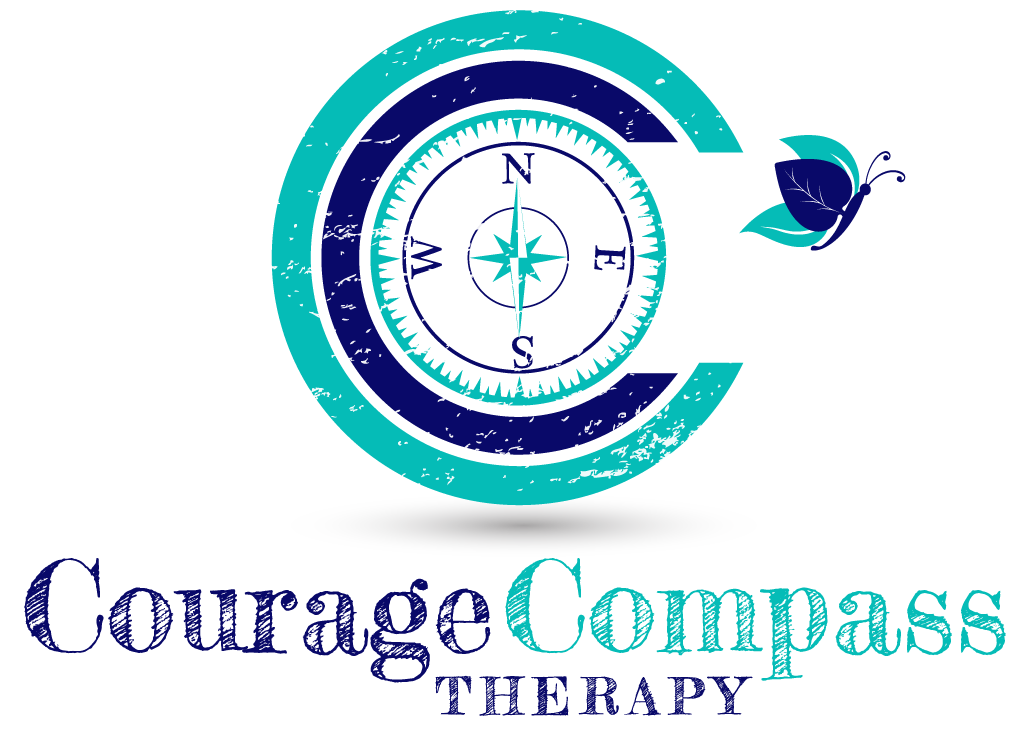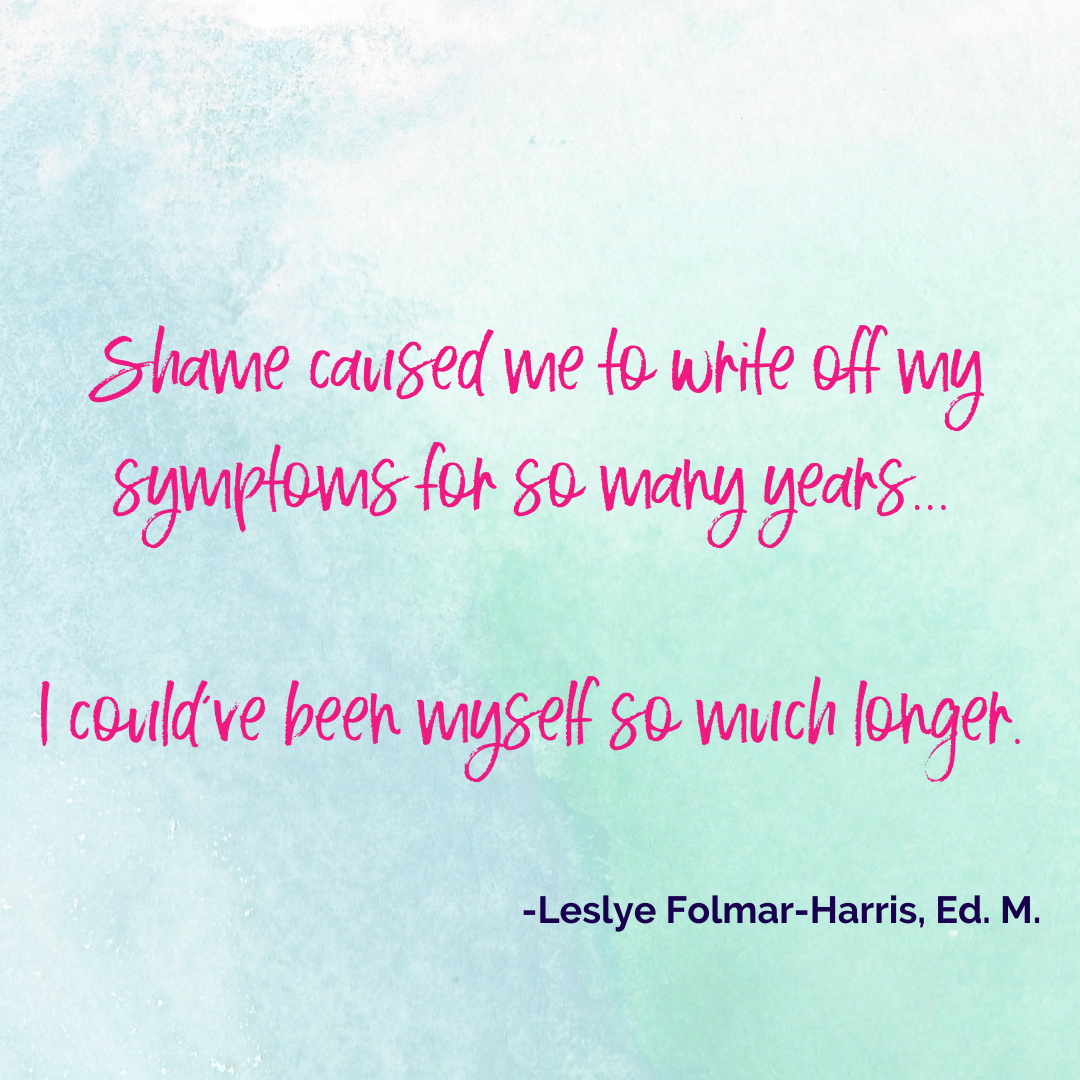This is what breaks my heart:
Hearing people say, with a shrug of the shoulders, “This is just how I am. How I’ve always been. There’s nothing anyone can do. I just have to do better.”
People with undiagnosed ADD mistakenly blame themselves for something out of their control. Self-blame usually leads to feeling shame. Shame then spirals into isolation, anger, irritability, self-medicating behaviors, and more.
Why People with ADHD Feel So Anxious
“The vast majority of adults with an ADHD nervous system are not overtly hyperactive. They are hyperactive internally. Most people with unmedicated ADHD have four or five things going on in their minds at once. The current perspective on individuals with undiagnosed/untreated ADHD is that they tend to overcompensate for their difficulties with an anxiety-like response, such as racing thoughts, sleep difficulties, nervousness, and excessive worry.” —William Dodson, M.D
Many adults struggle with anxiety, depression, and shame from undiagnosed ADD. Because I work with many types of anxiety, ADD/ADHD can be a major contributing factor that exacerbates symptoms. I screen every new client for ADHD to ensure we do not miss it as we’re are formulating the course of treatment.
> > > Did you know that the average Duration of Undiagnosed Illness is about 17 years for:
(Source: Oliva et al., 2020)
People who have family members with ADD/ADHD (Yes, people with a genetic link take longer to be diagnosed…)
People with a history of major depression
People with predominantly inattentive ADD/ADHD as a child (i.e. children who were not hyperactive, whose behaviors were less noticeable or problematic than those without hyperactivity)
17 years. Of. Undiagnosed. Illness.
Photo by energepic.com
Is it any wonder people look at me sideways sometimes when I suggest that ADD may be underlying their anxiety or depression?
“No one else has ever mentioned that, so it could not be true.”
“No way, someone would have caught that when I was kid.”
“I did fine in school, that doesn’t make sense.”
Once people are willing to listen and entertain this idea, I suggest ruling it out. I don’t have an attachment to whether someone is diagnosed or not; let’s rule it out so that we know we are NOT addressing something undiagnosed, and we know that ADD/ADHD symptoms and executive functioning challenges are not at play. This helps us to find what is.
ADHD can co-occur with many other diagnoses such as OCD, Bipolar Disorder, Anxiety, Depression, PTSD, and more. It is vital to assess and evaluate one’s history, heredity, current symptoms and circumstances.
Knowledge gives us power and insight into the next steps. My mission is to alleviate unnecessary suffering as soon as possible, as a lot of our suffering cannot be prevented. If we can address ADHD symptoms, other symptoms of anxiety and shame can decrease dramatically.
ADD/ADHD affects so much more than academics and “focus.”
ADHD affects social and intimate relationships, productivity and work performance, sleep, emotional intensity and reactions, and more. It affects our executive functioning, which governs many of the aforementioned categories. We all have strengths and weaknesses when it comes to executive functioning, but ADHD creates an additional obstacle and challenge. There are many strategies we can integrate into the work to help make day-day life more routine and manageable.
For many people I see who have been diagnosed as an adult, ADHD has been a traumatic experience. Because it is invisible and manifests in behaviors that one should be able to “just stop,” or self-correct, it’s difficult to understand how things like chronic lateness, forgetfulness, or losing belongings is part of ADHD and not a personal character flaw. This leads to shame, conflict, judgment and disdain from others, etc.
Working through the pain and loss that comes with realizing how one’s past difficulties could have been eased is brave. There are ways to change and adjust. There are ways to forgive oneself for not being able to personally change your brain chemistry when it looks like you should be able to control impulses like interrupting others or losing focus.
Working on/through what ADD/ADHD means for you and how it affects your life will be something to explore. ADD can provide people with gifts, sensitivities, and talents that “neurotypicals” may not possess or relate to.
Curious if what may be happening for you could be explained by undiagnosed ADHD? Take the self-test.
The best resource for all things ADD/ADHD related: www.additudemag.org and add.org.


